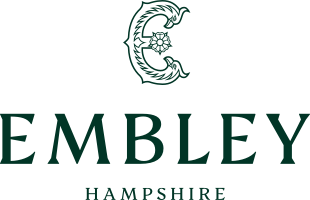Last week I attended a meeting of Heads from around the country. The meeting reflected on examination results, the state of university applications and the wider employability options for young people leaving school. One colleague delivered on school improvement strategies and tabled a balanced scorecard. As I looked through the detail of an excellent and well thought out piece of work, I couldn’t help but wonder how the scorecard should be used. OK, it’s for school improvement, I mentioned that earlier, I get it. But before we score ourselves, we need some clear notion of what we are scoring. Doesn’t this mean some understanding of what we are for, what we are trying to achieve which speaks ultimately to what we value. If we value ‘x’ it is reasonable that we orient our best efforts to achieve it, indicating the opportunities, challenges and how we track our progress to our goal.
So what is our goal? What do we value? This is and isn’t a rhetorical question. What do you value reader? When thinking about which school to choose or considering the one your children attend, what is it you value? Sometimes our values are part of the detritus we inherit from our parents or backgrounds. They may well be unconscious for that very reason. Having spent so long being told or expected to behave in a particular way it requires an external stimulus to challenge our thinking and to shift our paradigm. Are we like goldfish who only realise we are in water when we are removed from it? Do we need an experience to challenge our behaviours before we either recognise them or appreciate the value they espouse?
I don’t subscribe to the view that our values are exclusively a product of inheritance or experience. There is a willed position we can think ourselves into by using reason and some assumptions on what is of value. I have engaged several children in conversation recently on this. Holding dear to affirming friendship as the greatest good, would they do anything for it? A hasty ‘yes’ meets with a retreat into ‘well maybe’; but what if it means compromising another good? Do I lie to one friend to make them feel good or to another to shield them from a truth? Would I compromise what is right for what is loyal? Both Kant and Nietzsche have ideas about values so too did the ancients and the children. These issues aside, there is a deep question at the heart of the scorecard and it’s the notion of school values.
Do we value the examination results and weigh our school in the scales of how that tips or in their university destinations after school? What conclusion might either draw from us about what we see of value? Who celebrates the individual success of students who persist in grade exams and work hard on their instrument? Are schools so focused on two data points that all value is subsumed into GCSE and A Level results? Sharon White at John Lewis has some really interesting observations on the redundancy of narrow linear exam focused education. What conclusions do we come to about those who follow degree apprenticeships with IBM, JPMorgan and the like? Is it easy for me to call theses metrics into question because we are so successful in each? Seeing students off to Oxbridge and Russell destinations, sitting in the top 10% of schools nationally for A Level results and receiving postcards from Pfizer in Berlin? Or are we successful in both because we value what is worth valuing? This is a deeply challenging but a timely question to consider.
Do you reader value school as the shortest line to employment; school life seen and experienced as a utilitarian process producing automata who might function in the world?
Nickleby’s experience sums it up:
So he is, to be sure, rejoined Squeers. We go upon the practical mode of teaching, Nickleby; the regular education system. C-l-e-a-n, clean, verb active, to make bright, to scour.
W-i-n, win, d-e-r, der, winder, a casement. When the boy knows this out of book, he goes and does it. Its just the same principle as the use of the globes. Where’s the second boy?
The percentage drop nationally in students taking Drama, Geography and History at A Level in the last intake is at 5%, English fares little better. There is a significant increase in Mathematics, Physics and Computer Science showing growth of between 12% and 20% on last year. Do the numbers play into Squeers’ philosophy of education or is school more than a training centre where skill is acquired?
It is worth remembering in all this that schools mark a series of rites of passage for children and will be doing different things at different stages. Of course they must prepare for exams, but please let’s hope this is not the sum total and all of it.
Our value at Embley is in the children themselves. The formation of Renaissance individuals with their own talents and gifts; honed and found, developed and discovered in a panoply of opportunity through the multifarious nature of their years with us. Thus formed and shaped they have a proper sense of themselves; not haughty or abrasive but quietly confident and interested in others, with the ambition to make the world a better place and the compassion to recognise that happiness lies in the pursuit of an ideal bigger than oneself. The scorecard for this is in the choices made, lessons learned and the capacity to grow, love and share.
The ultimate scorecard is the authenticity of a life well lived, that’s what we value.
MORE BLOGS —
Parent wants
Been a busy few weeks – though when isn’t it? I have spent quite a bit of time speaking with Prep School Heads.
Bridges
In January 1942, in a small suburb just outside Berlin, a group of engineers, scientists and logicians gathered to map out a strategy that would change the face of Europe.




